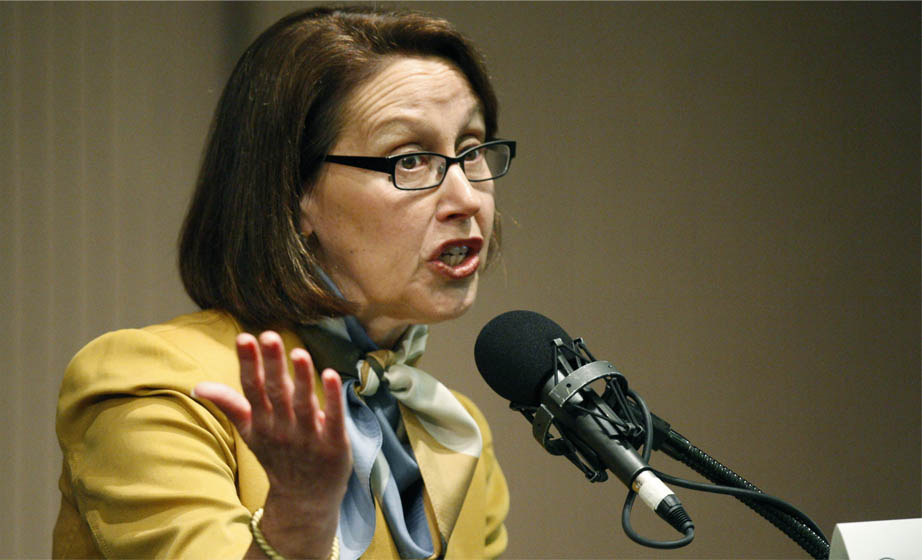WASHINGTON (AP) – The Trump administration on Friday set up new obstacles for women seeking abortions, barring taxpayer-funded family planning clinics from making abortion referrals. The new policy is certain to be challenged in court.
The final rule released Friday by the Health and Human Services Department also would prohibit federally funded family planning clinics from being housed in the same locations as abortion providers, and require stricter financial separation. Clinic staff would still be permitted to discuss abortion with clients.
The move was decried by women’s groups and praised by religious conservatives, but it could be some time before women served by the federal family program feel the full impact.
Women’s groups, organizations representing the clinics, and Democratic-led states are expected to sue to block the policy from going into effect. Administration officials told abortion opponents on a call Friday that they expect legal action, according to a participant.
Planned Parenthood, whose affiliates are major providers of family planning services as well as abortions, said the administration is trying to impose a “gag rule,” and launched a full campaign to block it.
“We’re going to fight this rule through every possible avenue,” said Emily Stewart, the organization’s vice president for policy.
Oregon’s swift response
In announcing her intent to file a lawsuit, Oregon Attorney General Ellen Rosenblum said:

“This rule is a direct assault on our core Oregon values; it is wrong and illegal and leaves our state with no choice but to file a lawsuit in the coming weeks to prevent it from going into effect. Medical providers, no matter what kind of service they perform, must be able to have candid conversations with patients about all options for care, and without fear that if they say the word “abortion” their clinic could lose federal funds. This rule, if implemented, will mean that health clinics that serve so many Oregon women and families around our state may have to close. This is not acceptable, and I will do everything I can to prevent this from happening.”
Planned Parenthood and other groups representing the clinics say the new requirements for physical separation of facilities would be all but impossible to fulfill. Planned Parenthood said the administration action is another attempt to drive it out of business, after efforts to deny it funding failed in Congress.
Religious conservatives said the administration’s policy is a major step toward breaking down what they see as an indirect taxpayer subsidy of abortion providers.
Tony Perkins, president of the Family Research Council, called it “a major step toward the ultimate goal of ending taxpayers’ forced partnership with the abortion industry.”
The regulation was published Friday on an HHS website. It’s not official until it appears in the Federal Register and the department said there could be “minor editorial changes.” A department official confirmed it was the final version.
Known as Title X, the family-planning program serves about 4 million women annually through independent clinics, many operated by Planned Parenthood affiliates, which serve about 40 percent of all clients. The grant program costs taxpayers about $260 million a year.
Abortion is a legal medical procedure, but federal laws prohibit the use of taxpayer funds to pay for abortions except in cases of rape, incest, or to save the life of the woman.
An umbrella group representing family planning clinics also decried the administration’s decision.
“This rule intentionally strikes at the heart of the patient-provider relationship, inserting political ideology into a family planning visit, which will frustrate and ultimately discourage patients from seeking the health care they need,” Clare Coleman, head of the National Family Planning & Reproductive Health Association, said in a statement.
Although abortion remains politically divisive, the U.S. abortion rate has dropped significantly, from about 29 per 1,000 women of reproductive age in 1980 to about 15 in 2014. Better contraception, fewer unintended pregnancies and state restrictions may have played a role, according to a recent scientific report. Polls show most Americans do not want the Supreme Court to overturn Roe v. Wade, the 1973 ruling that legalized abortion.
___
Crary reported from New York.
KOIN 6 News contributed to this report
